Collaboration to spur innovation in fields ranging from quantum to AI to data science.
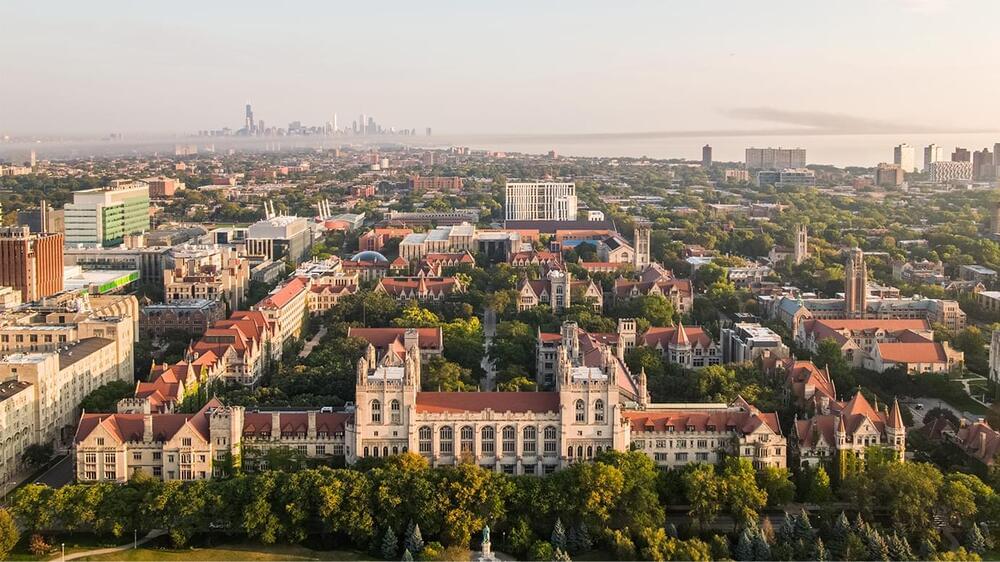

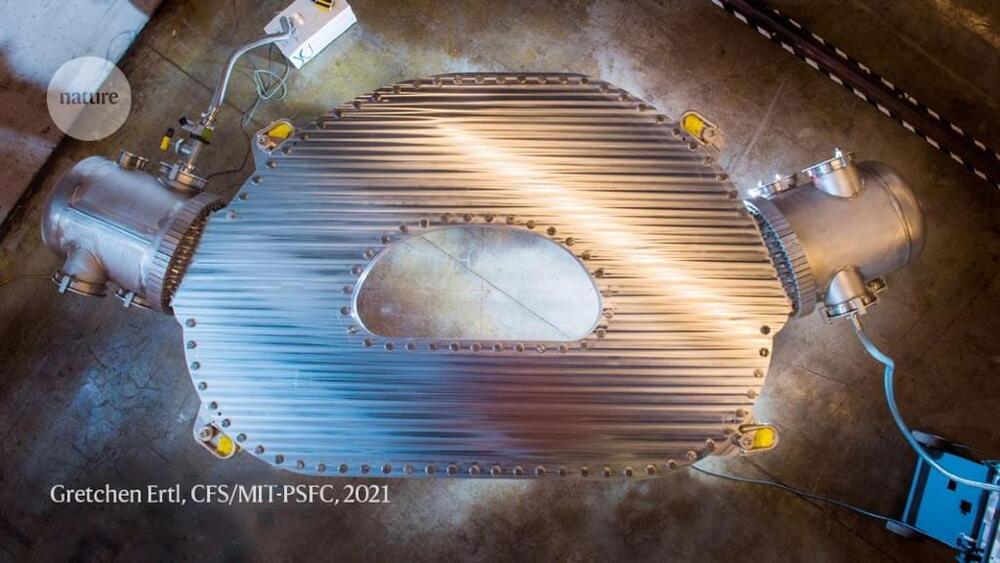
AI specialist Jürgen Schmidhuber on Kurt Gödel, meta learning and fundamental limitations of computability.
Read the full text on our website: http://serious-science.org/godel-machine-10426
‘A Gödel machine is a computer that rewrites any part of its own code as soon as it has found a proof that the rewrite of the code is useful, where a problem-dependent utility function and the properties of the hardware and the entire initial code are all described by axioms encoded in an initial proof searcher.’
Jürgen schmidhuber, scientific director, swiss AI lab IDSIA
Artificial Consciousness: http://serious-science.org/atificial-consciousness-6883
Deep Learning: http://serious-science.org/deep-learning-10364
This lecture is part of the collaboration between Serious Science and the Technology Contests Up Great READ//ABLE: https://en.ai.upgreat.one/
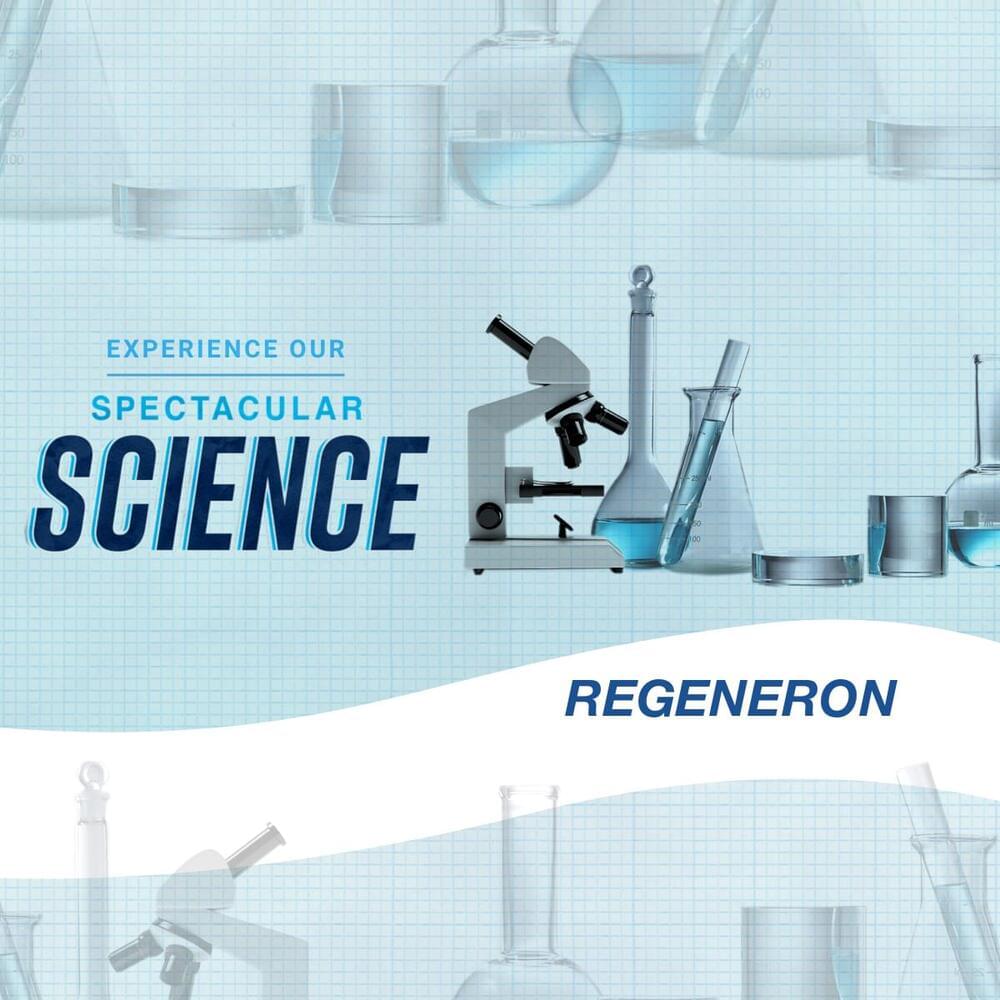
A new study exemplifies how the strides made in quantum computing are now being harnessed to unlock the secrets of fundamental science.
Scientists at Duke University have harnessed the power of quantum-based methods to unravel a puzzling phenomenon related to light-absorbing molecules, according to a new study published in Nature Chemistry.
This advancement sheds light on the enigmatic world of quantum interactions, potentially transforming our understanding of essential chemical processes like photosynthesis, vision, and photocatalysis.

I’m excited to share my new opinion article for Newsweek. It advocates for transforming America from a military-industrial complex into a science-industrial complex! Give it a read!
America spends 45 percent of its discretionary federal spending on defense and wars, while around us, the world burns in ways that have nothing to do with fighting or the military. Global warming has escalated into an enormous crisis. A fifth of everyone we know will die from heart disease. And an opioid crisis is reducing the average lifespans of Americans for the first time in decades. There’s plenty of tragedy, fear, and hardship all around us, but it has nothing to do with the need to make more bombs. It does, however, have to do with science.
It seems obvious America should do something different than spend so much of its tax dollars on defense. We should consider halving that money, and directing it to science, transforming America from a military-industrial complex into a science-industrial complex. Despite science and technological progress being broadly responsible for raising the standard of living around the world over the last 50 years, America spends only 3 percent of its GDP ($205 billion) on science and medical research across the federal government. Notably, this is dramatically less than the $877 billion the U.S. will spend on defense this year.
The famous designation of the term military-industrial complex comes from former President Dwight D. Eisenhower in his farewell address, where he warned America and its economy could descend into being a conflict-driven nation. Over 60 years after his speech, we have become just that. A Brown University study found that since 2001, the U.S. has spent $5.9 trillion on wars in the Middle East and Asia. For contrast, the 2023 budget for the National Institutes of Health (NIH) is a paltry $49 billion.
America and its military-industrial complex—including the Pentagon, CIA, foreign military services, Homeland Security, nuclear program, and many other U.S. Defense tentacles—promises to spread democracy and keep the world safe. However, a far more common enemy than a national security incident is getting cancer from the sun, being diagnosed with Alzheimer’s disease, and dying in a car accident. Given enough money and time for research and experimentation, science stands a good chance at fixing nearly anything, including all of the issues above.
Human Immortality — If you thought Human Immortality was just a concept in science fiction, this episode reveals how it will become science fact. For some scientists featured in this program, achieving Immortality is not a question of ‘If’. The real question is ‘When?’.
Human Immortality (2022)
Director: Emma Watts.
Writers: Kyle McCabe, Christopher Webb Young.
Stars: Samantha Brady, Aubrey DeGrey, Leonard Guarente.
Genre: Documentary.
Country: United States.
Language: English.
Release Date: August 31, 2022 (United States)
Synopsis:
If you thought Human Immortality was just a concept in science fiction, this episode reveals how it will become science fact. For some scientists featured in this program, achieving Immortality is not a question of ‘If’. The real question is ‘When?’.
One scientist shows how she is making lab-grown organs called ‘ghost hearts’ that not only grow quickly, but that can be accepted in any host’s body without rejection—ending the agony for those waiting for organ transplants. Another biologist is looking at Immortality at the microbiological level. In his lab, he’s identified the ‘longevity gene’ (called SIR2) that can slow the ageing process, and which holds the key that will unlock our ability to better control the rate at which we age. One gerontologist is unearthing the immortal secrets of lobsters, who never stop growing and naturally live up to the astonishing age of 122 years. Inspired by how their bodies regulate cellular division, he’s developing cutting-edge medications that will boost human longevity.
Incredibly, one pioneer is creating a unique medical cocktail that can even reverse ageing. Medical techniques like these could pave the way to Human Immortality.
MORE DOCS!
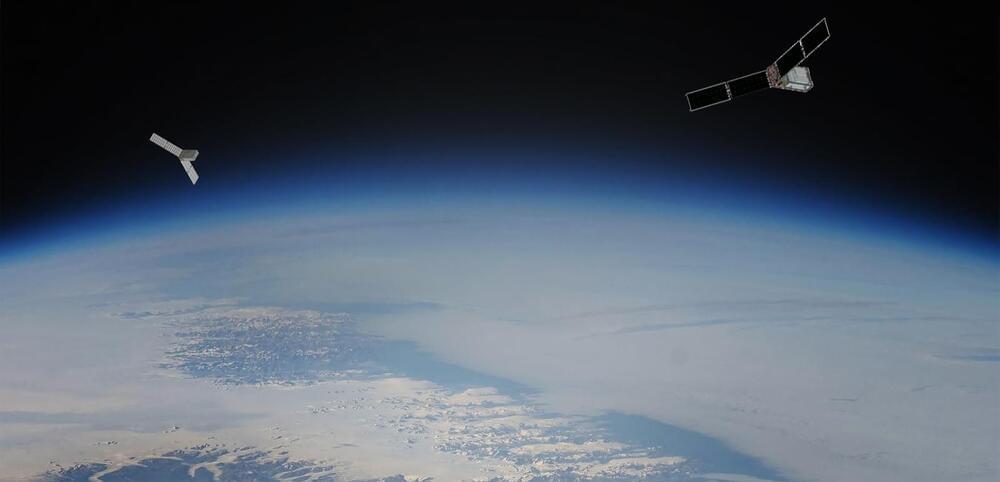
WASHINGTON — NASA selected Rocket Lab to launch a pair of cubesats in 2024 to monitor energy entering and exiting the polar regions of the planet.
NASA announced Aug. 14 it awarded a task order through its Venture-class Acquisition of Dedicated and Rideshare (VADR) contract to Rocket Lab for the launch of two 6U cubesats for the Polar Radiant Energy in the Far-InfraRed Experiment, or PREFIRE mission.
The NASA announcement did not disclose the value of the task order. The agency stated in past awards done under VADR that the pricing is considered “proprietary” because the awards are competed in a closed environment, with only companies on the VADR contract eligible to bid on launches of taxpayer-funded missions.

In science, the simplest explanations often hold the most truth, a concept known as “Occam’s Razor.” This principle has shaped scientific thought for centuries, but when dealing with abstract ideas, how do we evaluate them?
In a new paper, philosophers from UC Santa Barbara and UC Irvine discuss how to weigh the complexity of scientific theories by comparing their underlying mathematics. They aim to characterize the amount of structure a theory has using symmetry — or the aspects of an object that remain the same when other changes are made.
After much discussion, the authors ultimately doubt that symmetry will provide the framework they need. However, they do uncover why it’s such an excellent guide for understanding structure. Their paper appears in the journal Synthese.
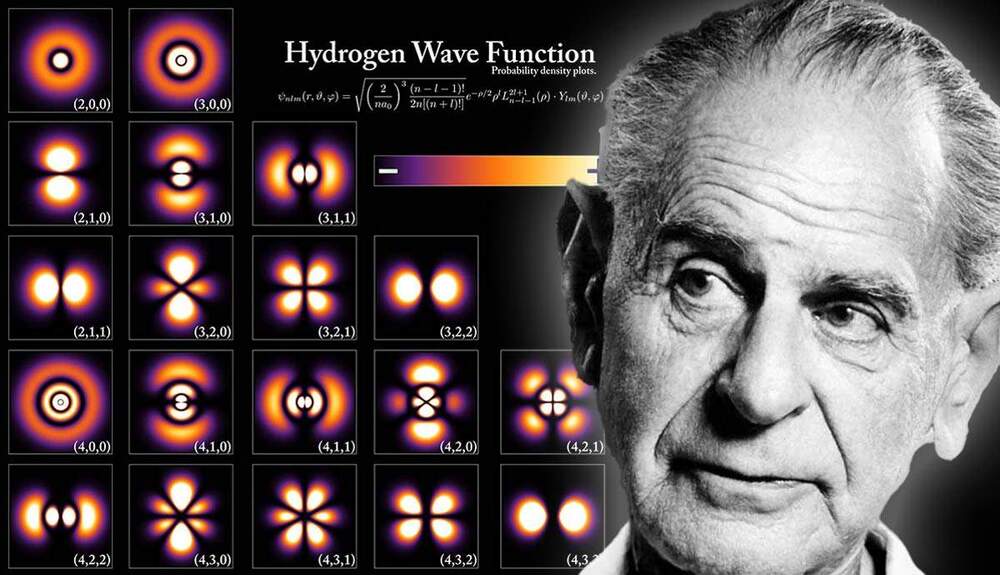
The crisis of understanding, according to Popper, arose in physics along with the Copenhagen interpretation, or, more precisely, from the point of view of Bohr and Heisenberg on the status of quantum mechanics.
In his opinion, quantum mechanics should be interpreted as the last revolution in physics, since the inherent boundaries of knowledge were reached in it.